Apologies are easy.
It’s swallowing that jagged little pill of pride that’s hard.
A genuine apology (with no sneaky agenda) can transform the dynamic in any relationship from a charged adversarial stand-off into the elegant dance of partnership.
A wonderful karma-fixer, an apology can avert years of upset and disconnection.
Too often, though, excuses deny the cathartic power of apology. There’s some reason why we did whatever we did that thing that upset another, and that reason stops us from taking responsibility: “It’s the reason’s fault!” we say, “not mine.” On rare occasions, that reason might even be a good one. Maybe I really did drop my phone in the toilet and that’s why I never called you back.
|
Whether your excuse is accurate or absurd, it doesn’t matter. We all act unskillfully at times.
|
Sometimes we simply react poorly to another’s cringe-inducing behavior, which makes it doubly hard to apologize.
“Yes, I realize I got angry and dumped chocolate pudding all over her clean carpet, but she should apologize first for what she said that made me do it!”
It can feel like being the hockey player who winds up alone in the penalty box after throwing the second punch. The ref didn’t see the first punch the other guy threw, so he skates free while I fume. I was in a relationship like that once. To my endless frustration, that girlfriend played the blind referee and the sucker-puncher who skated free. So unfair, I thought at the time.
Here’s the thing:
Whether your reason is awesome or absurd, it doesn’t matter.
We all act unskillfully at times.
In the face of some circumstance or trigger, we do something. That something may be effective and inspiring, like Neo in The Matrix stopping bullets and helicopters! Sometimes, though, what we do is simply unhelpful and actually exacerbates situations despite our best intentions.
I believe we are all innocent in our ignorance.
If we knew how to do relationships better, we would do them better. We only react poorly in any situation, or lash out and hurt people, when we are disoriented or hurting inside. You can’t angrily say “I hate you!” when you feel good.
If we knew how to move perfectly through every situation, we would do so.
But we don’t.
Thus life giveth unto us … the apology.
This morning, I was working with one of my relationship-coaching clients whose relationship was suddenly in major breakdown. Disheartened and distraught, he was calling me from the hotel he had retreated to the night before.
|
Breakdowns are powerful gateways to breakthroughs. The bigger the breakdown, the bigger the potential breakthrough.
|
Fortunately, big breakdowns can be powerful gateways to big breakthroughs.
The bigger the breakdown, the bigger the potential breakthrough.
The details of his situation aren’t important. Essentially, he and his partner were triggered by actions in the other that quickly sent them running in opposite directions for cover as if war had just broken out.
As he sat in the calm of his hotel room, we explored how he could navigate this breakdown in a way that might tease out a meaningful breakthrough. I knew this moment held massive potential for deeper understanding, kindness, connection and love between him and his wife.
I also knew a real apology was the only way forward, but he couldn’t yet see his way there.
So I shared these three steps to offering an apology that could quickly turn everything around:
Step 1 – “I see me”
I see what I did that was unskillful. I see how events overwhelmed my capacity to be good with you, and I reacted poorly as a result. I may have done the best I could at the time, or at least the only thing I knew how to do, and I’m sure I could have done it better. I’m sorry.
“I see me” is about taking ownership. Apologies crash when we embed them with this idea: “I only did X because you did Y.” That’s not an apology; it’s a passive-aggressive excuse. It still blames my partner, which makes me a victim.
|
“I see me” means I see how I didn’t keep my heart open to you; how I failed to respect, honor, cherish, appreciate or love you.
|
“I see me” means I see how I didn’t keep my heart open to you; how I failed to respect, honor, cherish, appreciate or love you.
In Step 1, I take responsibility for my role in the breakdown. It may be hard to find my role, but no matter who did what, I can always find it if I look close enough.
After all, I still threw the second punch.
Step 2 – “I see you”
I can finally see what you really wanted from me – safety, love, assurance, reliability, presence, participation, kindness, love. I see that I did not give to you. Regardless of my reasons, and regardless whether it’s even my responsibility to give it to you, I didn’t. I see the pain you felt as a result. Whatever you did to deal with that pain, I can see your innocence in that.
“I see you” is about compassion and empathy.
It builds a bridge right into your partner’s heart.
By acknowledging my partner’s experience, without making her wrong for it, I let her know she’s safe with me.
It’s my way of saying, whatever you’re going through, I can be with you through that. I know I failed when the breakdown happened, but I’m learning, too. I needed some space to really see myself, to really see you.
|
Compassion and empathy build a bridge right into your partner’s heart.
|
We’re all learning how to be masterful in life. We won’t quite nail it every time (or even most of the time).
When my awareness of self and other is limited, I react as if everything is happening TO me. I live in victimhood.
As I grow in awareness and learn to see more quickly what really happens in myself and others when a breakdown occurs, I can address the situation with a sincere apology that moves us more quickly towards healing.
It’s been said, I can either be right … or I can be happy.
The breakdown is only there to show us what we couldn’t see before. Eventually, with awareness, we can immediately give whatever love, attention, presence, kindness, clarity a situation needs. That’s all that waits on the breakthrough side of a breakdown, anyway.
Which brings me to Step 3 …
3. “I love you”
I so absolutely love and adore you. I’m here, ready and willing to work through whatever comes our way. In fact, I love you so much that if your deepest truth is that you want to be alone now, I’ll leave you alone. That’s how much I love you.
“I love you” is the golden capstone on a gorgeous apology. It’s the exhilarating ecstasy we melt into at the moment of breakthrough.
|
“I love you” is the golden capstone on a gorgeous apology. It’s the exhilarating ecstasy we melt into at the moment of breakthrough.
|
I affirm my commitment to loving and honoring my partner, assuring her that regardless where we go from here, I’m committed to love.
It’s not easy for one to keep a hard heart in the presence of such a commitment (though it’s not impossible, if the wounds are deep enough).
Perhaps the most precious gift we can ever receive from another is to be fully seen and loved by them. If so, then the most precious gift we can give another is to fully see and love them, too.
During a breakdown, we fail to see the truth of each other, and of ourselves. Instead we only see our stories which are often just projections of our fears and wounds. We go blind and stop loving. War reigns.
A great apology can end that war, simple as 1-2-3.
♦◊♦
P.S. Download “Love, Sex, Relationship Magic” … an empowering 10-hour audio program created by Bryan Reeves to unlock and share the secrets of extraordinary relationships. Get “Love, Sex & Relationship Magic”
- 1.2Kshares
- 1.2KFacebook
- 11Twitter
- 4Pinterest
- 1Email

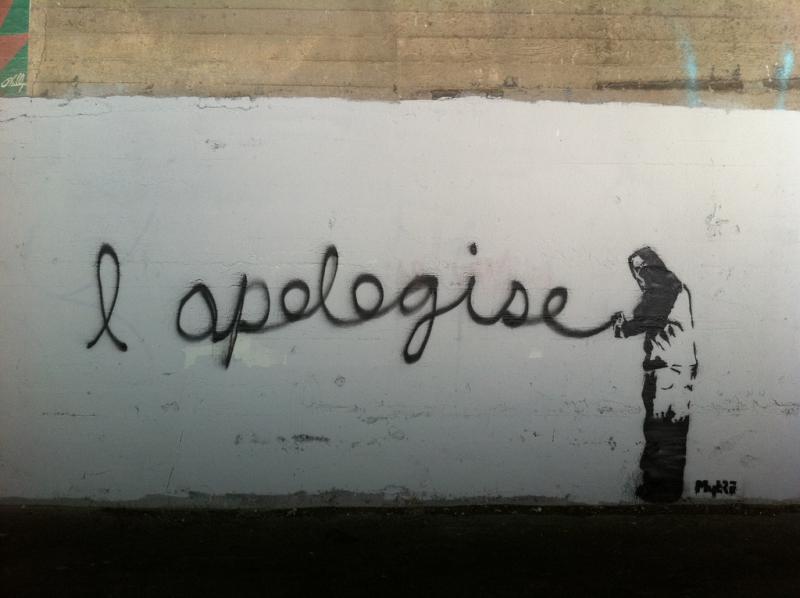
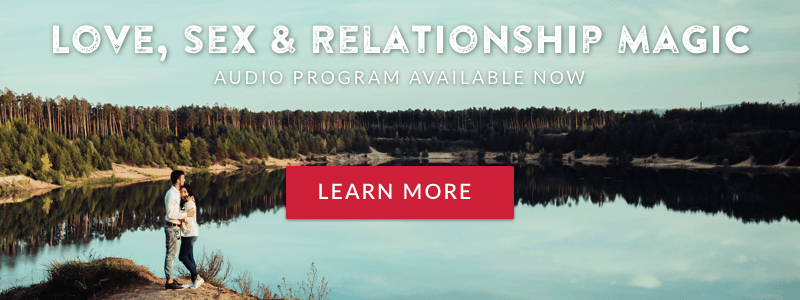
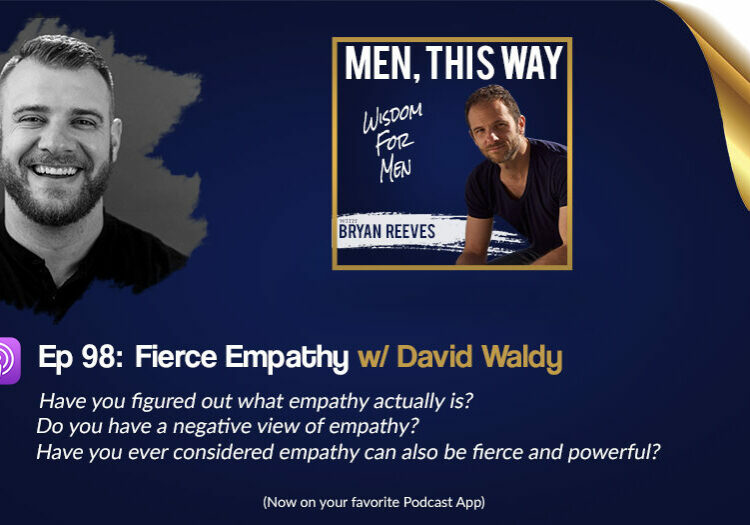
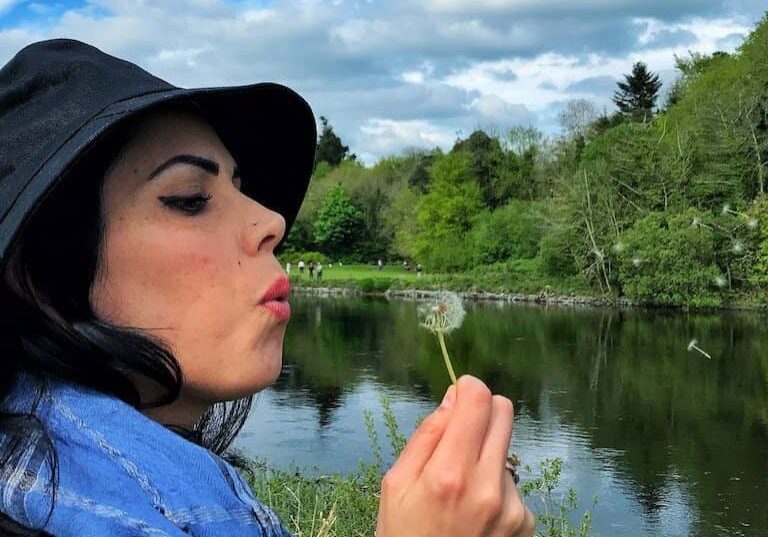
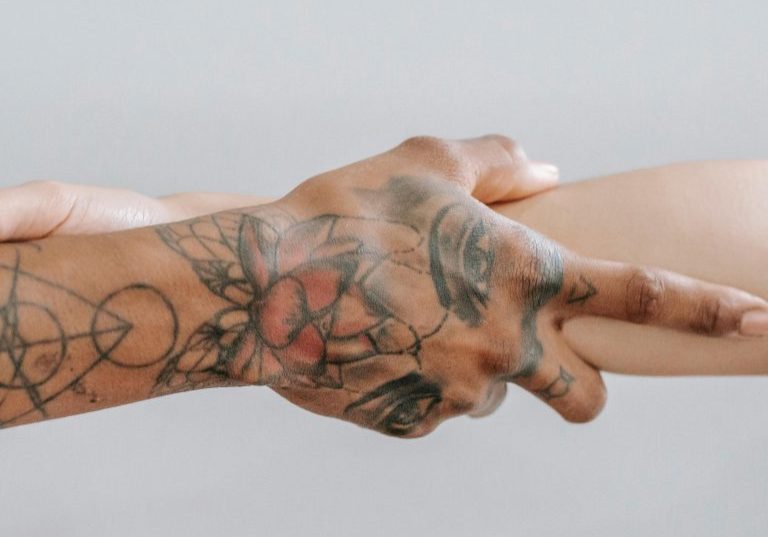
Leave a Comment